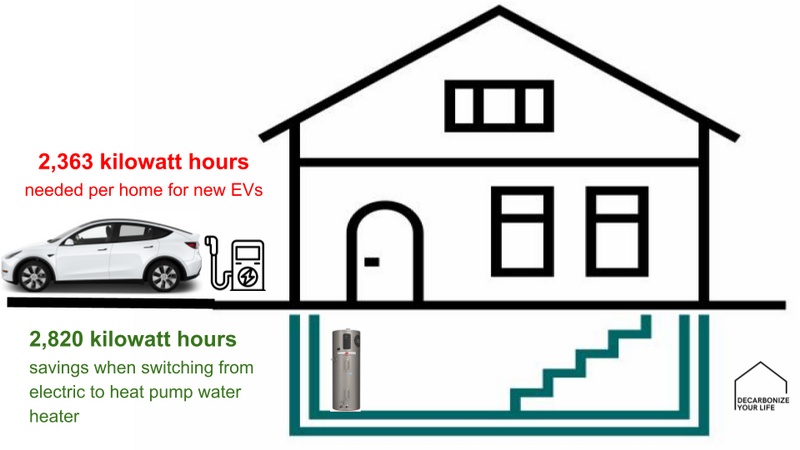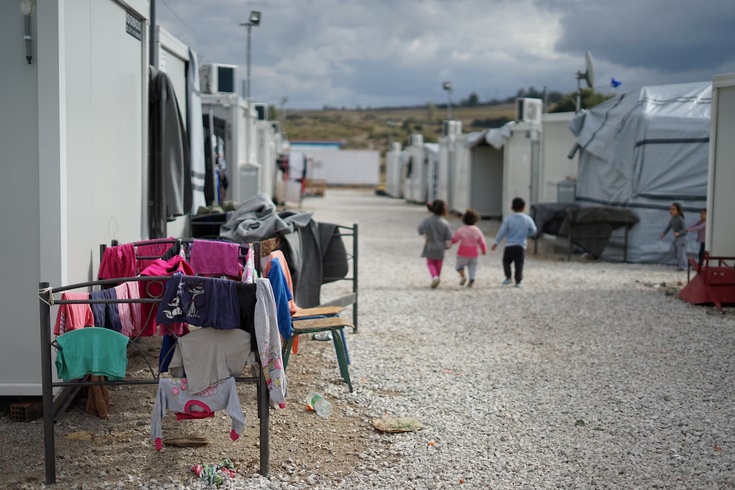October 7 NEC Energy News
¶ “A Heat Pump Water Heater Will Save All The Electricity You’ll Need To Power Your EV” • We should consider that some heat pumps are so efficient that their greater deployment will offset much of the electricity that we now use inefficiently. This saved electricity will allow new electrical loads, such as EVs, to be added to the grid seamlessly. [CleanTechnica]

¶ “Georgia Power Will Pay $413 Million To Settle Lawsuit Over Nuclear Reactor Cost Overruns” • Georgia Power Co will pay $413 million to settle a lawsuit accusing the utility of reneging on financial promises to one of its nuclear reactor partners. The payments to Oglethorpe Power Corp could hold down future bills for millions of Georgia customers. [WABE]
¶ “Uruguay’s Power Grid Runs On 98% Green Energy. Here’s How” • Back in 2007, Uruguay had a growing economy but not enough energy to power the growth. It also had no fossil fuels. Now, typically 98% of Uruguay’s grid is powered by green energy. That change was enabled by the thoughts of a very bright man and powered by a lot of wind. [NPR]
¶ “Floods, Storms, And Fires Displaced 20,000 Children Per Day During Six Years” • Over 43 million children were driven from their homes by floods, storms, droughts, and wildfires over the six years from 2016 to 2021, according to data from UNICEF. That works out to 20,000 children displaced per day due to extreme weather fueled by climate change. [CNN]

¶ “Europe Could Become Energy Self-Sufficient In €2 Trillion Push, Study Says” • Europe could wean itself off fossil fuels and create a self-sustainable energy sector by spending around €2 trillion ($2.1 trillion) on solar, wind and other renewable sources by 2040, a study led by the Potsdam Institute for Climate Impact Research says. [Hellenic Shipping News Worldwide]
¶ “Building Better Blades: Renewed Funding Supports Wind Turbine Blade Innovations” • A group of researchers at NREL, the National Renewable Energy Laboratory, is working out how to make bigger turbine blades efficiently and cost-effectively. Part of the challenge is that the turbine blades should ideally last a long time and be recyclable. [CleanTechnica]
For more news, please visit geoharvey – Daily News about Energy and Climate Change.
